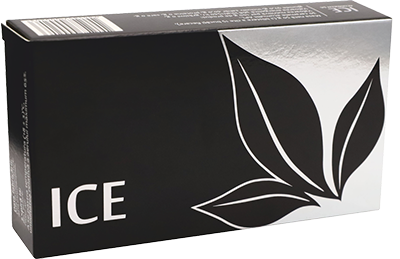Ah, the humble hiccup! It’s a universal experience, isn't it? One moment you’re enjoying a perfectly normal day, the next, your body decides to perform an unexpected, repetitive twitch that’s equal parts annoying and amusing. While often harmless, these little involuntary spasms can certainly throw a wrench into a conversation or a quiet moment. But what exactly causes these peculiar little interjections? Let’s delve into the fascinating, albeit slightly jerky, world of hiccups.
At the heart of every hiccup is your diaphragm, that dome-shaped muscle nestled just below your lungs. Its job is crucial for breathing, contracting downwards when you inhale and relaxing upwards when you exhale. A hiccup occurs when your diaphragm contracts suddenly and involuntarily, pulling air into your lungs. Right after that, the glottis – the opening between your vocal cords – snaps shut, creating that distinctive "hic!" sound we all know and... well, tolerate.
So, what sets off this involuntary reflex? Often, it’s something as simple as eating or drinking a little too enthusiastically. When you gobble down your food too quickly, or perhaps gulp your drink in a rush, you can swallow excess air. This air can irritate the diaphragm, prompting it to get a bit twitchy. Similarly, overeating, especially a large, heavy meal, can distend your stomach and put pressure on the diaphragm, leading to its sudden, rhythmic contractions.
Carbonated beverages and alcoholic drinks are also frequent culprits. The bubbles in fizzy pop can lead to gas accumulation, and alcohol can irritate the esophagus, both of which can tickle the nerves connected to your diaphragm. It’s like your body is sending you a little, noisy reminder to slow down and savour your sips!
Beyond food and drink, sudden changes in temperature can also play a role. Think about that first gulp of a very cold drink on a warm day, or stepping from a cozy, heated indoors to a chilly outdoor environment. These abrupt shifts can sometimes shock the nerves that control the diaphragm, sending it into a brief, hiccup-inducing spasm. Even emotional states, like sudden excitement, stress, or a fit of laughter, can trigger hiccups. It seems our bodies have a quirky way of responding to intense feelings!
While most hiccups are fleeting and resolve on their own with a little patience (or one of your favourite home remedies, like holding your breath or drinking water upside down!), understanding their common causes can sometimes help you avoid them. So, the next time you find yourself "hic"-ing away, remember it’s just your diaphragm doing a little involuntary dance, usually in response to something perfectly normal. It’s all part of the charming chaos of being human!
ADVERTISEMENT

#APLGOICE #HiccupHelp #NaturalComfort #DigestiveWellness #CanadianHealth
Annoying hiccups got you down? Reach for APLGO's ICE lozenges! These great-tasting, all-natural drops are designed to help soothe occasional stomach discomfort, which can often be the source of those pesky hiccups. Experience quick, targeted relief and restore your comfort naturally with ICE.
